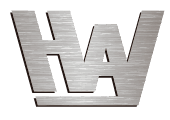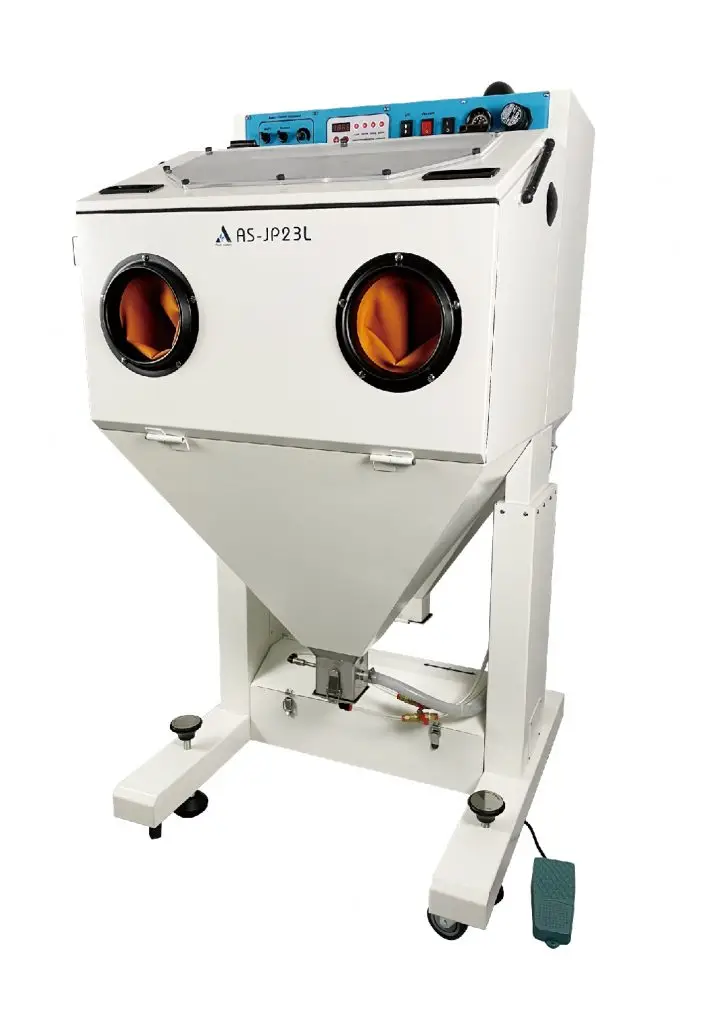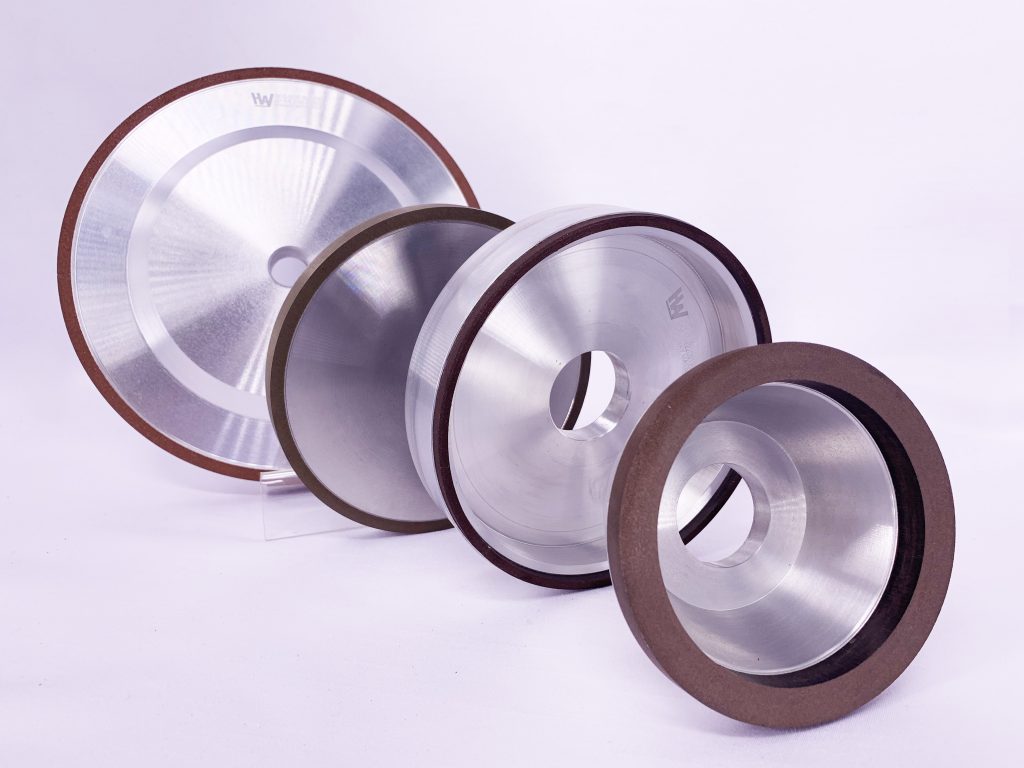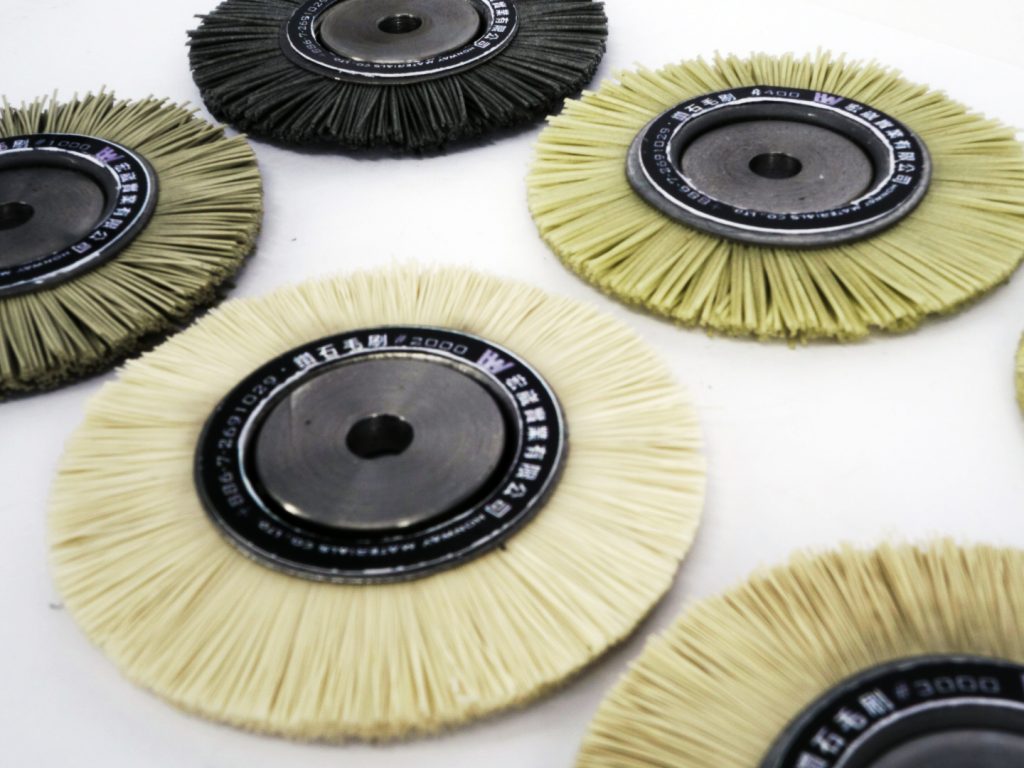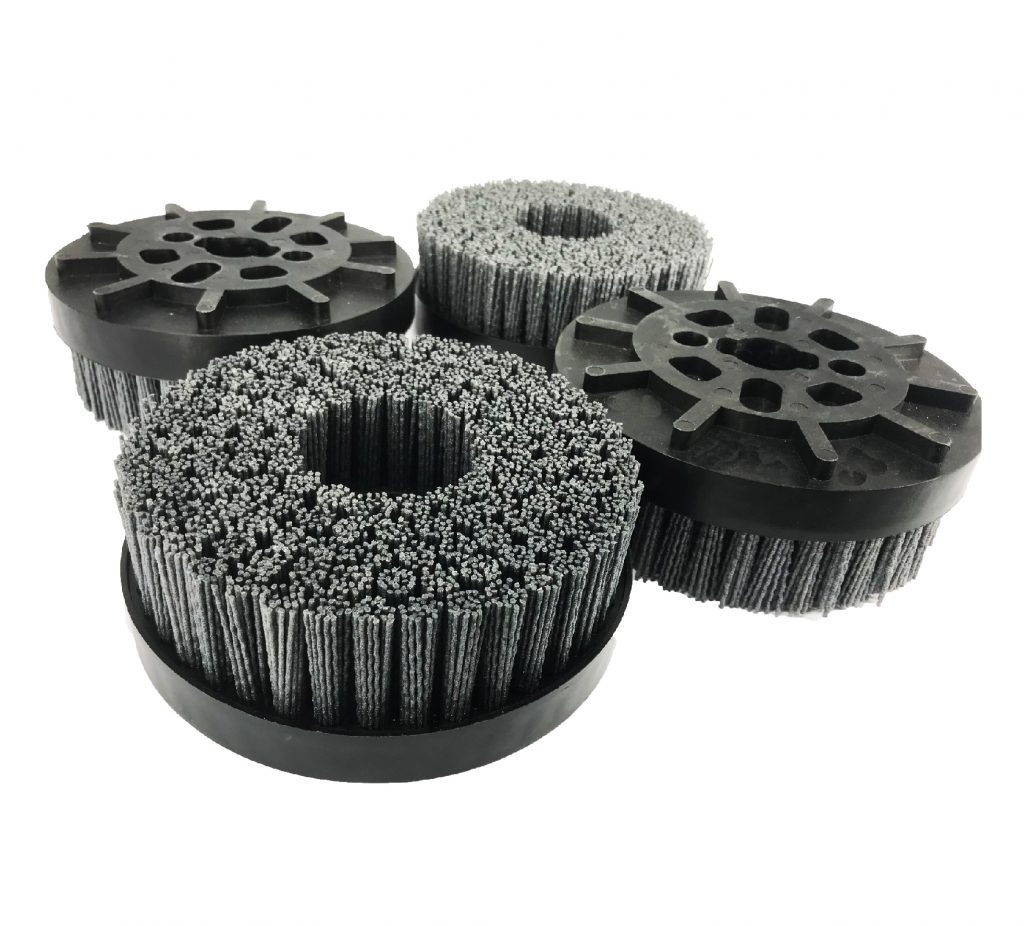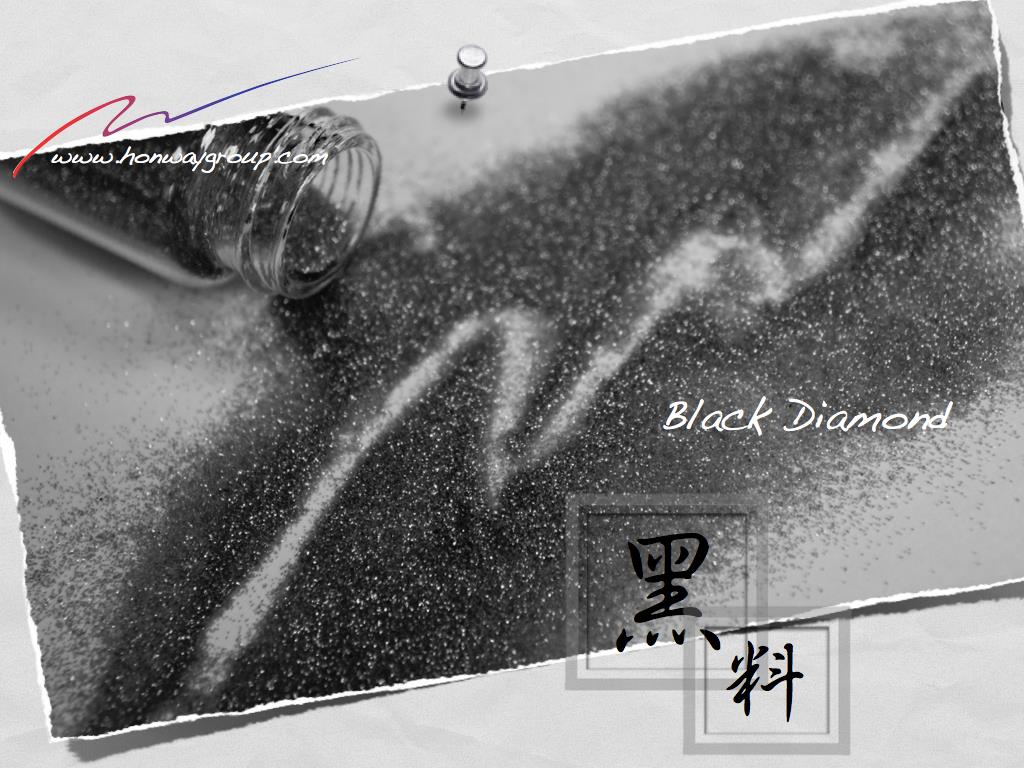Dry grinding is a widely used surface processing technique that does not rely on liquid coolants to grind and treat materials. This section will delve into the definition, characteristics, and advantages of dry grinding, as well as key considerations during operation, to provide a deeper understanding of the technology.
Table of Contents
What is Dry Grinding?
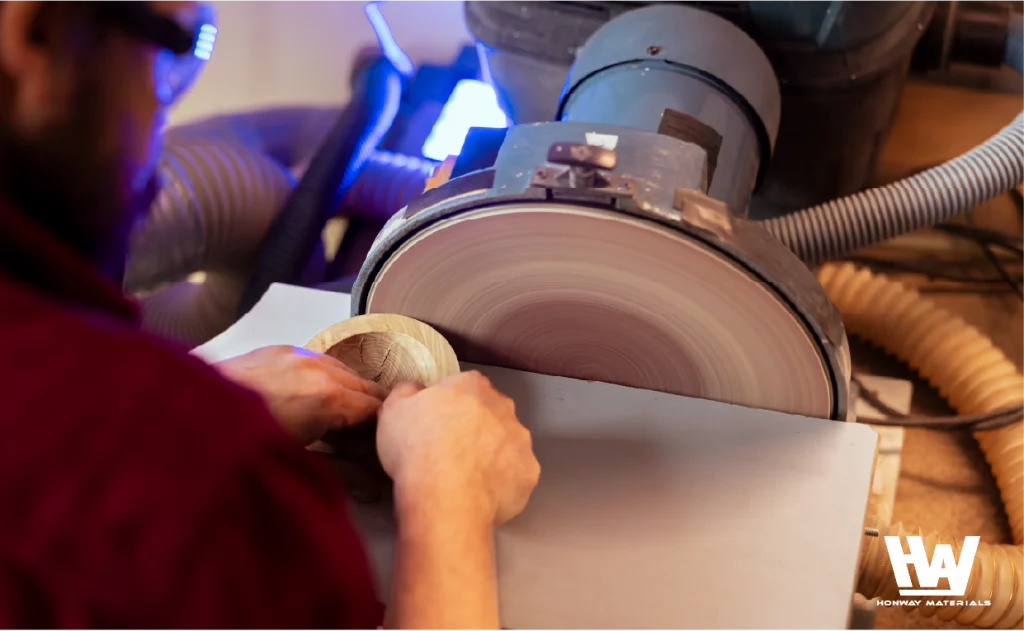
Dry grinding is a method that does not use liquids such as water or oil as coolants or lubricants. It employs high-hardness grinding tools in direct contact with the workpiece to grind, polish, or level the surface. Common grinding tools include sandpaper, grinding wheels, and diamond tools.
Typical dry-type grinding equipment includes jet polishing machines, high-pressure roller mills, and grinding machines. This technique is widely applied in metalworking, woodworking, mineral processing, and other fields.
Features of Dry Grinding
No Liquid Cooling: Dry grinding avoid using water and cutting fluid, suitable for materials sensitive to liquids, such as metals or certain minerals.
Dust Generation: Produces significant amounts of dust, requiring proper ventilation systems or dust extraction devices to protect worker health.
High Friction Heat: The absence of cooling can generate excessive heat, potentially affecting processing quality or damaging tools and workpieces.
Flexible Applications: Ideal for rapid or small-scale processing without additional equipment preparation.
What are the Advantages of Dry Grinding Over Wet Grinding?
Ease of Operation: No need for water sources or coolants, reducing setup and cleaning processes; ideal for short-term, small-scale tasks.
Material Compatibility: Suitable for materials that require dryness or are water-sensitive, such as wood or specific metals.
No Waste Liquid Pollution: Eliminates the need for liquid coolant disposal, reducing environmental impact.
On-Site Flexibility: Can be used outdoors or at non-fixed work sites.
Fast Processing Speed: Produces high amounts of powder and operates quickly.
Cost-Effectiveness: No coolant costs, reducing the expense of liquid purchase, recovery, and disposal.
Common Processing Applications
Powder Metallurgy: Dry grinding is essential for ensuring uniform powder distribution, increasing powder surface area, and enhancing product quality and performance.
Metalworking: Commonly used in high-precision metal processing where coolant contamination must be avoided, such as in precision machinery and molds.
Ceramics and Glass Processing: Applied to improve surface smoothness and perform finishing or polishing for fine ceramic components, electronic parts, and glassware.
Wood and Stone Processing: Removes surface irregularities and enhances gloss and smoothness.
Plastics and Rubber Processing: Effective for trimming, deburring, and achieving desired surface gloss and shape precision.
Electronics and Semiconductors: Used in manufacturing chips, MEMS devices, and semiconductor components requiring smooth, uncontaminated surfaces.
Aerospace and Automotive Parts: Suitable for alloy and composite materials that require stringent process control without liquid coolants.
Things to Note When Dry Grinding
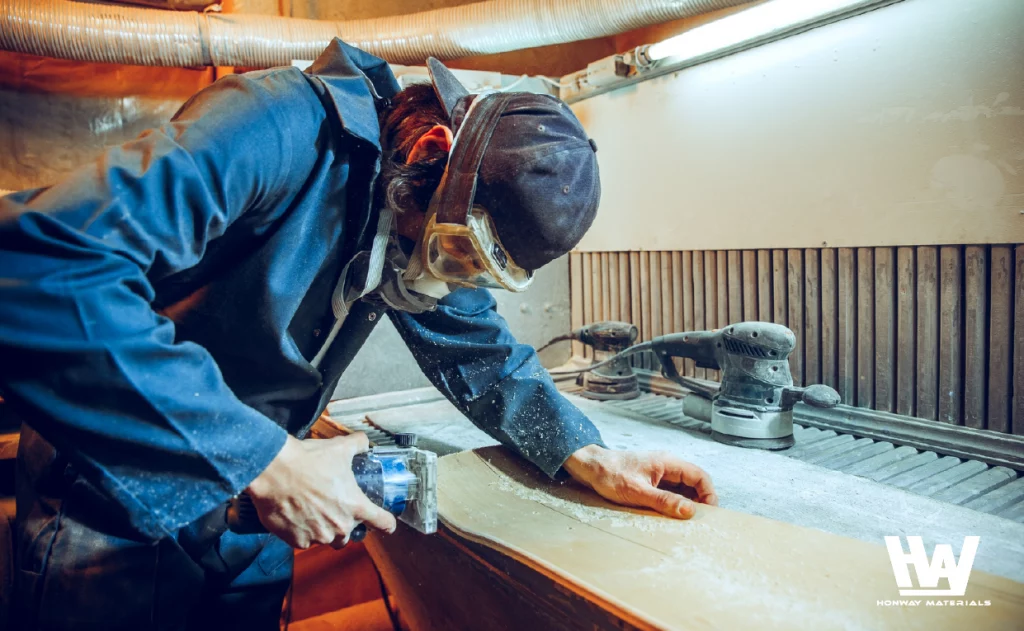
Ensure a well-ventilated workspace to avoid dust accumulation.
Select grinding tools with binders capable of withstanding high temperatures to prevent cracking or performance degradation due to friction heat.
Be cautious with brittle materials, as high friction may lead to breakage.
Best suited for materials that resist heat deformation or do not absorb water, such as metals and hardwoods.
In metal dry grinding, friction can create sparks, so ensure a fire-safe environment.
Recommended Grinding Tools
Jet Polishing Equipment >>>Jet Polishing Equipment
- The specialty of Honway lies in our use in precision machining of the back end.
- Honway utilizes flexible abrasives (multi-porous, self-adhesive grinding materials) for deburring precision parts.
- Features: Minimal grinding removal, prevents edge collapse.
- Suitable for curved surfaces, stepped areas, and grooves.
- Quickly set up spray-polishing processing times.
- Simple and quick changeover for all types of sandblasted materials: coarse, medium, fine and glossy.
Diamond and Boron Nitride Grinding Wheel >>>Diamond and Boron Nitride Grinding Wheel
- Abrasive Types: Natural diamond, synthetic diamond, synthetic metal-coated diamond, boron nitride, metal-coated boron nitride.
- Binders: Resin, ceramic, metal, electroplating.
- Cooling Methods: Dry grinding, wet grinding.
Diamond Brush >>>Diamond Brush
- Processes irregularly shaped workpieces.
- Features: Resistant to harsh acidic or alkaline environments, withstands temperatures up to 270°C, and is anti-static.
- Applications: Hard alloys such as titanium carbide and tungsten carbide, sapphire glass and general glass processing.
Silicon Carbide Brush >>>Diamond Brush
- Workpieces can be directly reprocessed after cutting.
- Stable and repeatable results are achieved through the continuous release of abrasive particles.
- Shape stability and high precision ensure process safety.
Conclusion
Dry grinding is characterized by its simplicity, high flexibility, and suitability for processing various materials, making it a vital method in both industrial and manual applications. However, special attention is needed when working with brittle materials or managing heat and dust. With appropriate techniques and equipment, dry grinding can provide stable, efficient, and environmentally friendly surface processing solutions. In the future, as technology continues to advance, the application range and efficiency of dry grinding are expected to further improve, unlocking greater possibilities for various industries.
Action
- Evaluate whether the current manufacturing processes meet carbon reduction objectives.
- Can current polishing and processing methods be replaced with lower-carbon alternatives?>>Why is Mechanical Polishing More Environmentally Friendly than Chemical Polishing?
- How to Implement>>Diamond and Boron Nitride Grinding Wheel, Polishing Equipment, Polishing Tool
- Implement testing and review
Honway specializes in physical polishing, ultra-hard abrasives, and rare-earth materials, striving to provide polishing solutions with reduced environmental impact. If you have related needs or would like to learn more, please feel free to contact us! Let’s work together toward a sustainable future.
Customized Grinding Solutions: We offer tailored adjustments to our grinding processes, allowing us to meet specific processing needs for maximum efficiency.
After reading the content, if you still don’t know how to select the most suitable option,
Feel free to contact us and we will have specialist available to answer your questions.
If you need customized quotations, you’re also welcome to contact us.
Customer Service Hours: Monday to Friday 09:00~18:00 (GMT+8)
Phone: +8867 223 1058
If you have a subject that you want to know or a phone call that is not clear, you are welcome to send a private message to Facebook~~
Honway Facebook: https://www.facebook.com/honwaygroup
